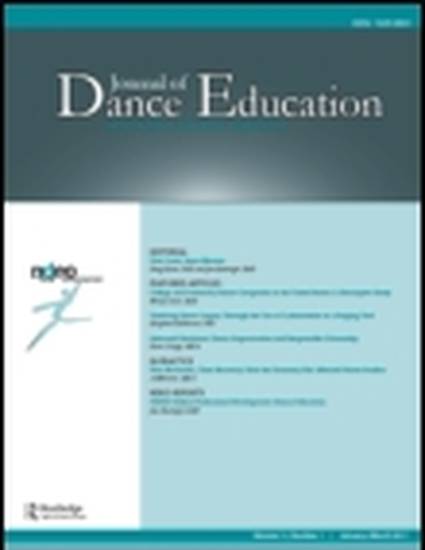
In this article, I draw critical attention to the assistive mobility devices that individuals who are differently bodied often use in dance and suggest that the dance genre presents the opportunity for reimagining the technological possibilities of these devices and creating more diverse repertoires. As an intervention and example, I describe the design, development, and implementation of an innovative wheelchair for dance with qualitative research data collected from six wheelchair users who experimented in the chair under a study approved by an institutional review board. Further, based on practitioner experience in the field, I discuss embodiment techniques for assistive devices as a focused part of dance training, specifically important for dancers with disabilities who use devices as bodily movement extensions. In sum, this article highlights the need for more research and attention in the dance genre directed at the artistic, technological, and human interface factors of assistive devices for dance experience.
Journal of Dance Education, v. 15, issue 4, p. 142-151
Available at: http://works.bepress.com/merry-morris/8/
